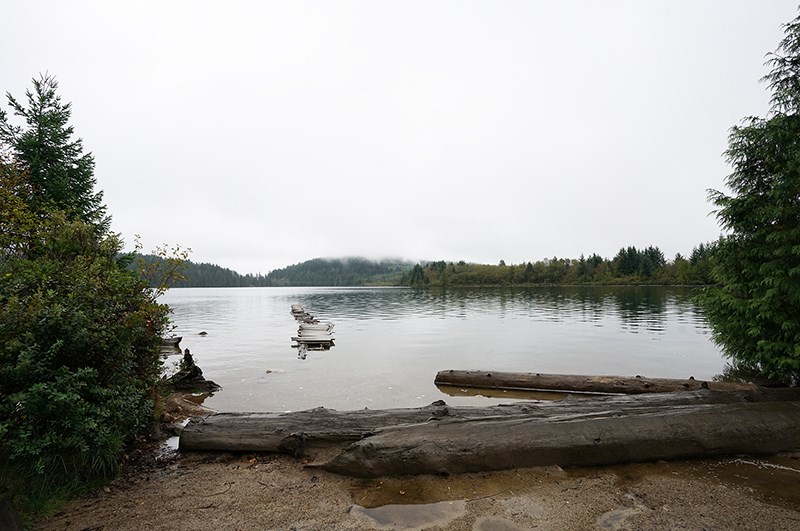qathet Regional District (qRD) committee of the whole will be recommending to the regional board that a regional water supply system study proceed on an abridged basis.
When an original request for proposal went out for the study, bids came in considerably higher than the project budget. To bring the study in at the budgeted cost, staff, with direction from the board, could negotiate with the most affordable proponent. The negotiation would be to remove the deep well at the Myrtle Pond water system and Hammil Lake from the study in order to save time and money.
In a motion that triggered the study, from October 2018, the regional board authorized staff to apply for a 2019 infrastructure planning grant to map out the feasibility of a pilot project for a water transmission line from Powell River city limits to the south end of Centennial Drive, utilizing the city as the potable water source, as well as evaluating the feasibility of using Hammil Lake or the Myrtle Pond deep well as the potable water source for the same regional water line configuration.
At the qRD committee of the whole meeting on Thursday, November 14, the water study came up after having been postponed from the September 18 regional board meeting.
Electoral Area B director Mark Gisborne said the matter had been postponed for two months so he presumed everyone had the opportunity to read a previous water study from 2009.
Hammil Lake can currently provide enough water for everyone in Area B and Area C, said Gisborne, even though half of the residents do not want water from a regional district system.
“I don’t know why we are doing this study to look at just having water from the city without discussing with the city how much they are going to charge,” said Gisborne.
He said he believes Hammil Lake should be included, based on a study conducted in 2009. He said he would read from the executive summary for supplying water to Area B and the Myrtle Pond area:
“In the absence of a negotiated agreement with the city, the most cost-effective option for the longer term is option four and five, which is to develop Hammil Lake as a source of supply,” read Gisborne. “The main drawback of connecting to the city water system is the potential initial connection cost and the ongoing cost of water. It is known that even if the city waives the connection cost and charges the water rates available to city residents, it would still be more cost-effective in the long term to develop Hammil Lake.
“That’s from our hydrological engineer. We paid a lot of money for this study and that’s what their recommendation is.”
Gisborne said to hear the city has capacity to provide water for areas B and C, he does not buy entirely, because in the report, it says Haslam Lake, at most, can provide water for 30,000 to 35,000 people. He said the total build-out of areas B and C is 33,000 people, so Haslam cannot provide water for both areas.
“I don’t see why we are taking Hammil Lake off the table and just looking at Haslam because Haslam can’t provide it either,” said Gisborne. “In this 2009 study, there’s actually a third option, and that’s Lois Lake. What they found is the water quality at Lois is great and it could provide water for the total population of areas B and C at 33,000 people.
“Our professionals have said that Hammil Lake is the best option.”
The committee, however, voted to recommend the regional board remove well WE.-93 in the Myrtle water system and Hammil Lake as potential sources in the regional water supply system study scope, with Gisborne opposed.
The committee then voted on a motion to recommend regional board direct staff negotiate with Associated Engineering (BC) Ltd. in response to the regional water supply system study request for proposal.
Gisborne said he wondered why the board would be hiring AE to do the same study as had been done previously. He wondered why qRD did not just approach AECOM, the company that wrote the 2009 study, and request an update.
The committee carried the second motion with Gisborne opposed.



